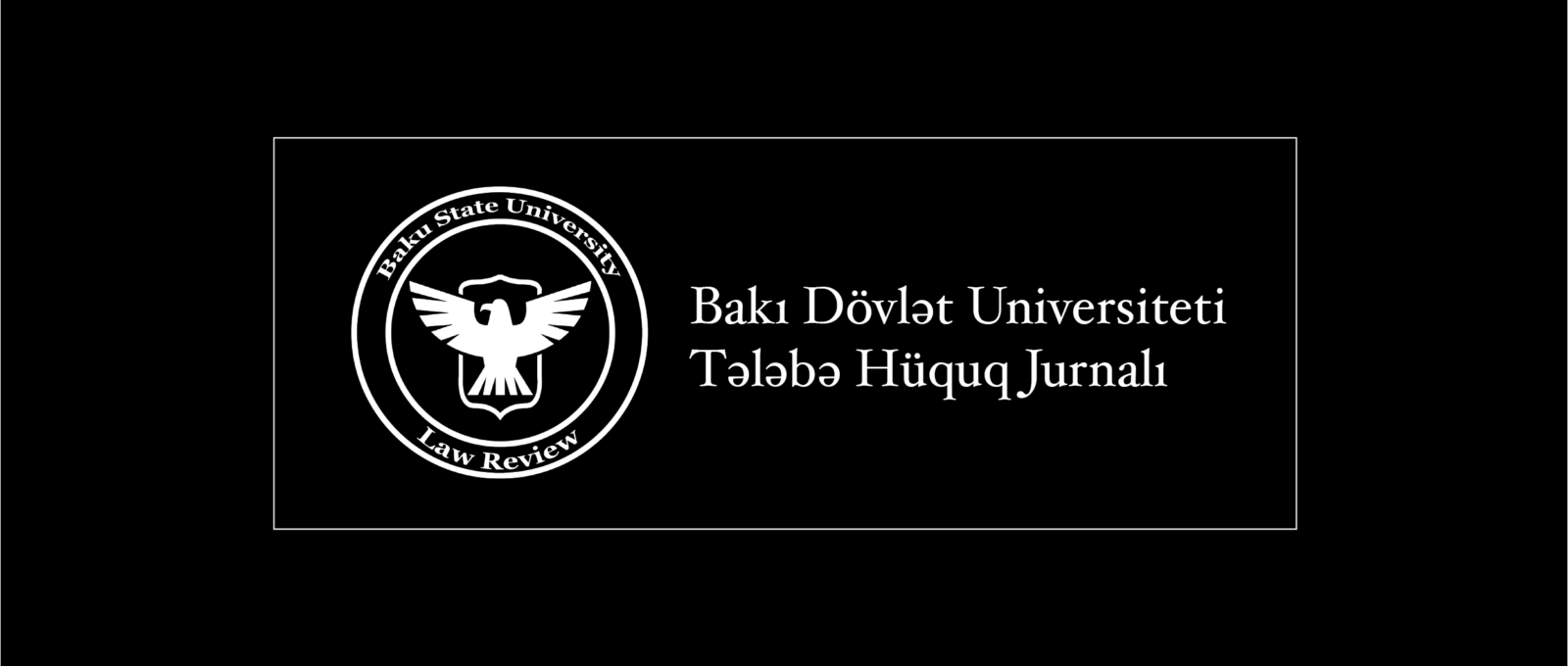Article language: English.
Abstract
Right to vote and active participation of the members of any given society in a decision-making process are inevitable elements of the democracy. Thus, in any society, the voice of each individual is of great importance. Recent trends, especially the increasing influx of migration, are changing the nature of the societies in almost all countries and emerging diversities bring new challenges. These challenges urge governments to implement policies to deal with them. One of the challenges is the right to vote (global suffrage) for foreigners. Almost in all countries the right to vote is reserved for the citizens (nationals). The potential question here is: whether the voting rights should be extended to everyone in the society or at least to the non-citizens with legal residence. To find an answer to this question this article will first examine the reciprocal relationship between democracy and citizenship and delve into the notion of ‘democracy’ as a constitutional principle and will discuss its indispensable constituent components. The constitutional frameworks and legislations of the target countries, namely, New Zealand, Chile, Malawi and Uruguay and of the European states will be exemplified and compared. Later, under the light of its findings the paper will try to seek an answer to the main research question.
Bu post həm də digər dildə mövcuddur:
Azərbaycanca

